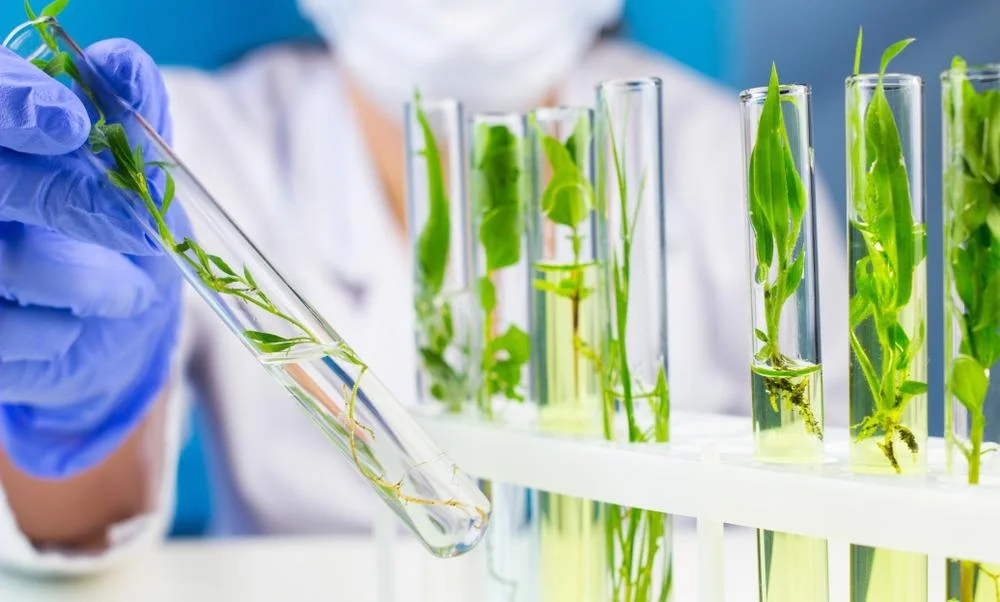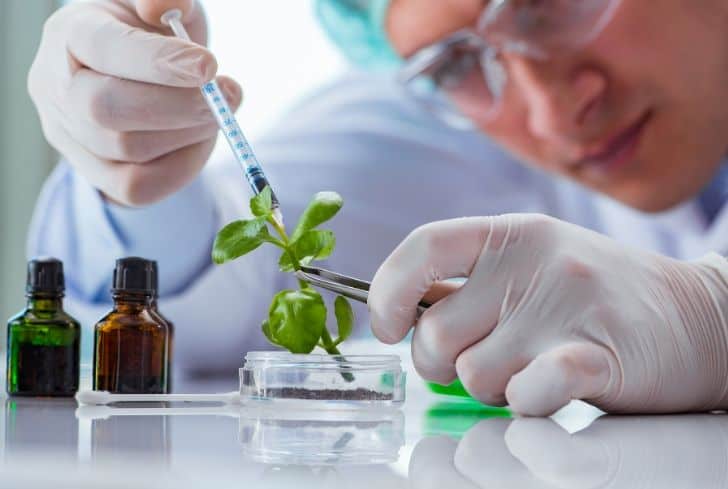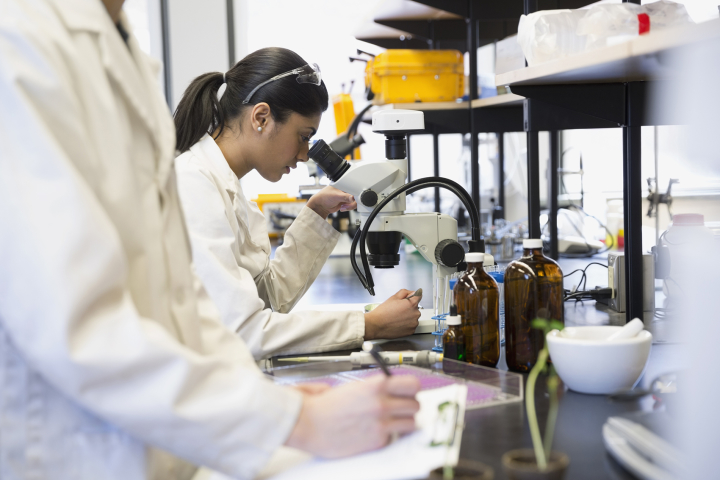To study biotechnology, you need to be good at science. In school, focus on Biology and Chemistry because they’re super important for understanding how living things work. Math is also handy because you’ll do lots of number stuff. Physics can help too, but it’s not always needed. Some schools might also like other science subjects, like Computer Science or Environmental Science.
Make sure to check what the universities you’re interested in want from you. It’s a good idea to talk to your teachers for advice. If you have a favorite part of biotechnology, like playing with genes or using computers to solve problems, that’s great to know too!
What are the essential A levels for Biotechnology?

The essential A-level subjects for Biotechnology typically include Biology and Chemistry. These two subjects provide a strong foundation in the fundamental principles and concepts that are crucial for understanding biotechnology, such as genetics, molecular biology, biochemistry, and organic chemistry.
Additionally, subjects like Mathematics can be beneficial for understanding statistical analysis and computational aspects of biotechnology. Depending on the specific focus within biotechnology, subjects like Physics or Computer Science might also be relevant.
Ultimately, it’s best to check the specific requirements of the universities or institutions offering biotechnology programs to ensure you meet their criteria.
How do additional A levels benefit Biotechnology studies?

Additional A-level subjects can benefit Biotechnology studies in several ways:
Diversification of Knowledge
Taking additional A-level subjects outside of Biology and Chemistry can provide a broader understanding of related fields. For example, subjects like Physics can be beneficial for understanding principles of instrumentation used in biotechnology, while Mathematics can enhance skills in data analysis and modeling.
Interdisciplinary Approach
Biotechnology often intersects with various disciplines such as computer science, engineering, and environmental science. Additional A-level subjects in these areas can help students gain interdisciplinary perspectives and skills that are valuable in biotechnology research and industry.
Specialization
Depending on the specific area of interest within biotechnology (e.g., genetic engineering, bioinformatics, bioprocessing), taking relevant A-level subjects can provide a head start in specialized knowledge and skills required for those fields.
University Requirements
Some universities offering biotechnology programs may have specific A-level subject requirements or preferences. Taking additional A-level subjects that align with these requirements can improve your chances of admission to your desired program.
Flexibility
Having a diverse set of A-level subjects can provide flexibility in career paths within biotechnology.
It allows students to explore different areas of interest and adapt to evolving industry needs.
Overall, while Biology and Chemistry are essential for Biotechnology studies, additional A-level subjects can enhance your knowledge base, skill set, and competitiveness in the field.
How do I check university requirements for A levels in Biotechnology?

To check university requirements for A levels in Biotechnology, start by visiting the university’s website. Most universities have dedicated sections on their websites for undergraduate admissions, where you can find information specifically related to the Biotechnology program or related fields such as Biology, Biochemistry, or Life Sciences. Look for details on A-level subject requirements within the admissions section.
Universities often list specific subject combinations they prefer or require for applicants to be considered. If you’re unable to find specific information on the website or have questions about the requirements, don’t hesitate to contact the admissions office directly for clarification and guidance.
Additionally, you can use platforms like UCAS (Universities and Colleges Admissions Service) to search for Biotechnology programs and view the entry requirements specified by each university. Researching multiple universities offering Biotechnology programs can help you compare requirements and find the best fit for your academic background and interests.
FAQs
Which country pays the highest salary to biotechnology?
The United States offers some of the highest salaries in biotechnology due to its robust industry and research sector.
Which country has the highest demand for biotechnology?
The United States has one of the highest demands for biotechnology, driven by its large pharmaceutical, healthcare, and agricultural industries.
Which field is in demand in biotechnology?
Fields such as biopharmaceuticals, genetic engineering, and bioinformatics are particularly in demand within the biotechnology sector.
Which European country is best for studying biotechnology?
Germany is often considered one of the best European countries for studying biotechnology due to its strong research institutions and industrial connections.
Where are the most biotech jobs?
Biotech jobs are concentrated in regions with prominent biotechnology clusters, such as the San Francisco Bay Area in the United States, Cambridge in the UK, and Boston in the United States.
Final Words
It’s important to study Biology, Chemistry, and Mathematics if you want to do Biotechnology. These subjects help you understand living things, chemicals, and numbers, which are all important in Biotechnology. Also, it’s a good idea to check what the universities want from you and ask your teachers for help. Just remember, studying these subjects can open up lots of exciting opportunities in the field of Biotechnology!
